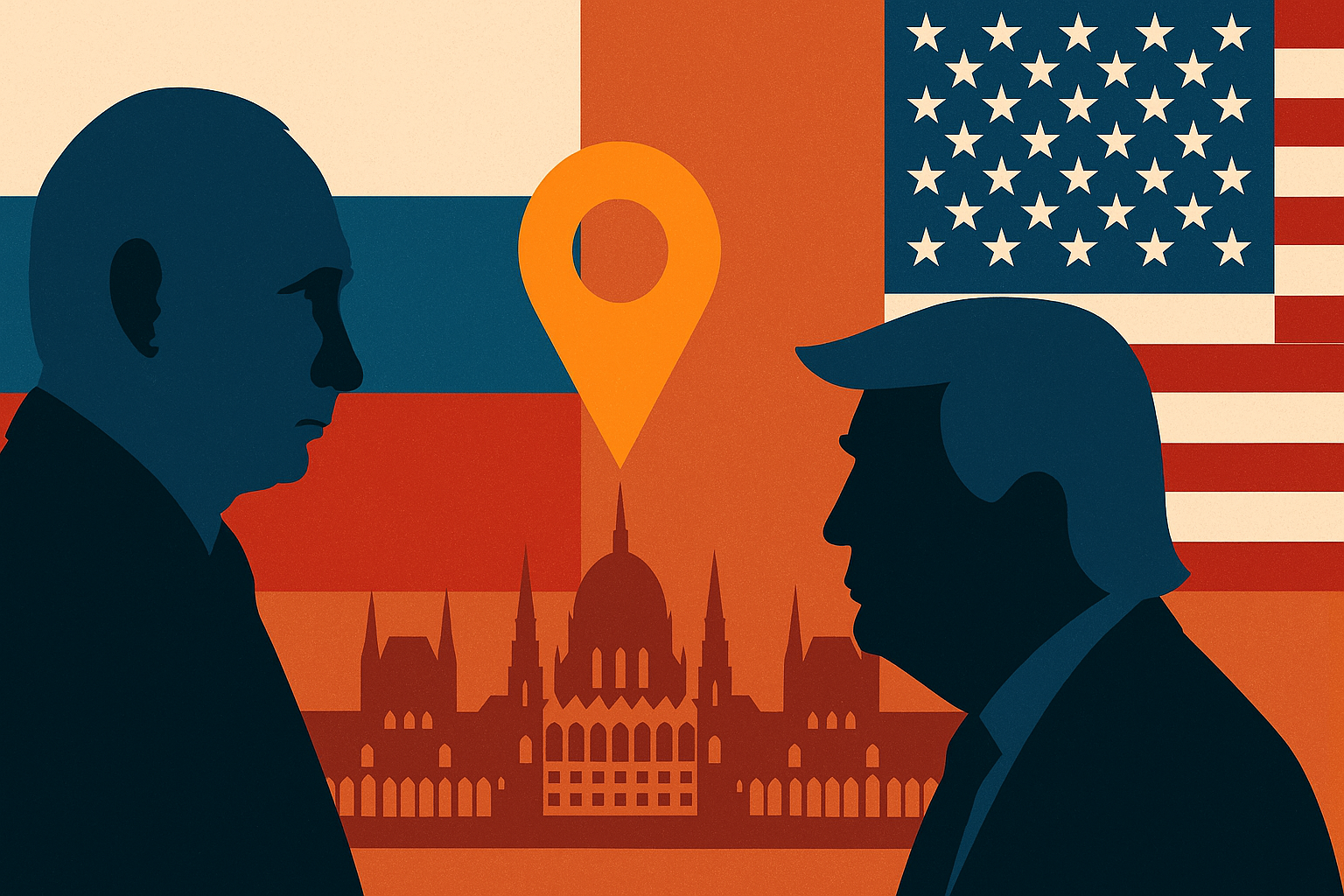The United States has cancelled a planned summit between President Donald Trump and Russian President Vladimir Putin that was scheduled to take place in Budapest, following a Russian diplomatic memo reiterating uncompromising demands on Ukraine, according to sources familiar with the decision.
Cancellation Follows Moscow Memo and Diplomatic Tensions
Earlier this month, Trump and Putin had agreed over the phone to meet in Budapest, with the goal of exploring a potential framework to end Russia’s three-and-a-half-year war in Ukraine. However, the Russian foreign ministry soon delivered a memo to Washington, repeating long-standing conditions that included territorial concessions from Ukraine, a drastic reduction of its armed forces, and a formal guarantee that Ukraine would never join NATO.
The U.S. administration viewed the document as a sign of Moscow’s continued intransigence, and the situation escalated further following a tense phone call between Russian Foreign Minister Sergei Lavrov and U.S. Secretary of State Marco Rubio. According to one official briefed on the exchange, Rubio concluded that “Moscow was showing no willingness to negotiate.”
Trump subsequently decided to call off the summit, with a source stating that the U.S. president “was not impressed with their position.”
A Swift Reversal in U.S. Policy
The decision to cancel the Budapest meeting marked a sharp reversal from the previous week, when Trump appeared to lean toward Putin’s position. That included shelving plans to provide Ukraine with long-range Tomahawk missiles, a move seen by analysts as a concession to Moscow.
However, U.S. officials had already grown skeptical of further dialogue. Lavrov’s dismissive tone and repeated false claims that Ukraine was “in the grip of Nazis” during a September meeting in New York reinforced concerns that Russia was not negotiating in good faith.
One person familiar with the internal discussions said:
“Lavrov is clearly fatigued and seems to think he has better things to do than engage with the United States — regardless of what President Putin may want.”
Trump’s Frustration and the Ukraine Context
Despite describing his October 16 phone call with Putin as “very productive,” Trump was reportedly irritated when the Russian president began boasting about Moscow’s battlefield advances near Kupiansk and the Oskil River.
The next day, tensions spilled into a White House meeting with Ukrainian President Volodymyr Zelenskyy, during which Trump — visibly frustrated — allegedly threw maps around the room, telling aides he was “sick” of seeing them, according to earlier reports.
Situation on the Ground in Ukraine
In recent days, Russian forces have re-entered Kupiansk, prompting Zelenskyy to acknowledge that the situation “remains difficult.” Nevertheless, he insisted that Ukrainian troops had “gained more control” and pledged continued resistance.
Control of areas west of the Oskil River would give Russia a new staging ground to launch attacks toward the remaining parts of Donbas, a region Putin has consistently demanded as part of any settlement. The same demand featured prominently in both the Budapest memo and Putin’s earlier August summit with Trump in Alaska.
Future Prospects for Dialogue
Although the Budapest summit has been scrapped, sources say Trump remains open to future discussions with Moscow, provided there is a “credible prospect of progress.”
The cancellation underscores deep mistrust between Washington and Moscow despite Trump’s efforts to position himself as a potential peacemaker. Analysts suggest the episode illustrates the limits of diplomacy when Russia continues to insist on preconditions that would effectively reward its invasion of Ukraine.
For now, both sides appear entrenched — with Russia holding firm to its territorial ambitions, and the United States unwilling to endorse any deal that undermines Ukraine’s sovereignty or NATO’s strategic position in Europe.








